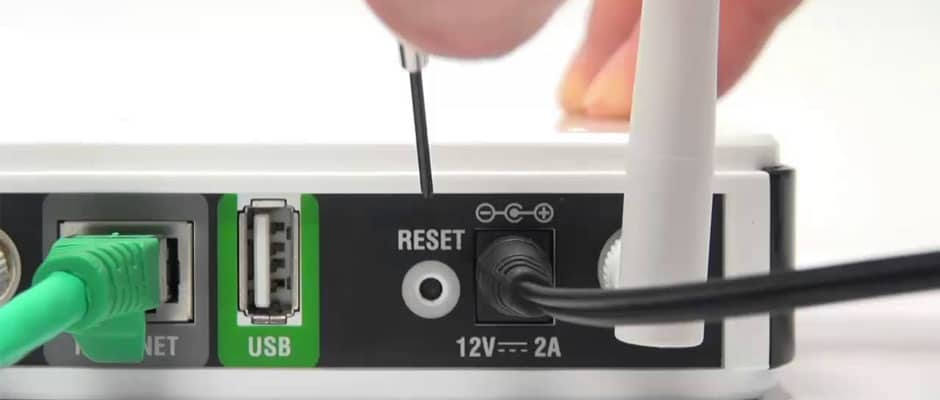I want to set up a cron on my FreeBSD server to regularly reboot my router (WD My Net N900 w/ no telnet or SSH). I've come up with two concise curl commands (one to authenticate logon and the other to reboot). But the session-only cookie ("uid") resulting from authentication (which is critical in the reboot command) can only be produced via a web browser that utilizes javascript.
What are my options for a text-based browser with javascript that's available via pkg?
FYI - I'm not real experienced with all this, so if I've omitted key info, please bear with me.
What are my options for a text-based browser with javascript that's available via pkg?
FYI - I'm not real experienced with all this, so if I've omitted key info, please bear with me.

